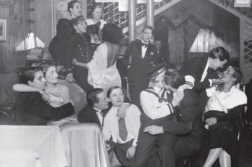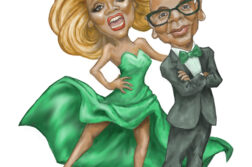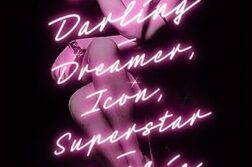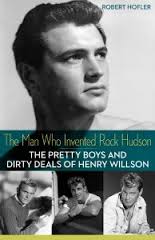 The Man Who Invented Rock Hudson: The Pretty
The Man Who Invented Rock Hudson: The Pretty
Boys and Dirty Deals of Henry Willson
by Robert Hofler
Carroll & Graf. 468 pages, $26.
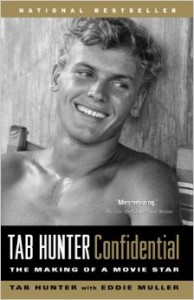 Tab Hunter Confidential: The Making of a Movie Star
Tab Hunter Confidential: The Making of a Movie Star
by Tab Hunter with Eddie Muller
Algonquin Books. 378 pages, $24.95
AT THE TROCADERO, one of the Sunset Strip’s hottest hangouts in the late 1940’s and early 50’s, he would give the handsomest young men a card which read, “If you are interested in getting into the movies, I can help you. Henry Willson. Agent.” Robert Hofler’s cultural biography of Willson focuses heavily on his greatest known creation, Rock Hudson, but the book also tells a story about the Hollywood system in a bygone era, in a sense setting the story straight about gay Hollywood.




